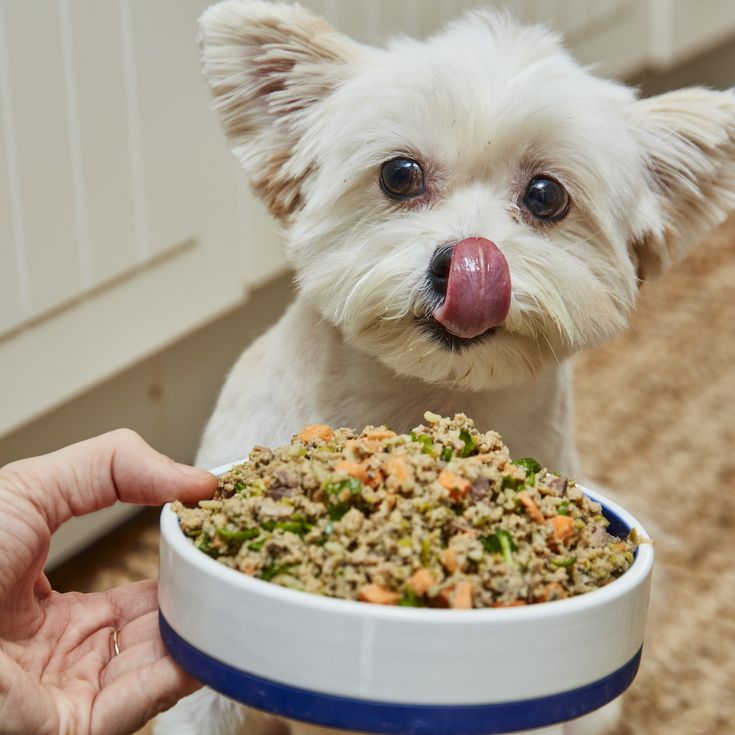If you’ve just welcomed a puppy into your home, you’ve probably wondered, “What should they eat to grow strong and healthy?” Nutrition in their first few months is crucial for their development, energy, and overall well-being. Here’s how to provide the best diet for each stage of their growth.
1. The Importance of a Good Diet
Puppies grow quickly and need a balanced diet that provides essential nutrients like proteins, fats, vitamins, and minerals. Poor nutrition can lead to long-term health problems.
2. Growth Stages and Nutrition
0 to 8 weeks: Mother’s milk is best
During the first weeks, mother’s milk is the perfect food. If the puppy is orphaned or needs supplementation, a special puppy formula is the best alternative.
8 to 12 weeks: Transitioning to solid food
At this age, you can start introducing puppy kibble softened with warm water. Choose high-quality brands with a high protein content and no unnecessary fillers.
3 to 6 months: Adjusting portions
At this stage, puppies can eat three times a day. It’s important to choose food appropriate for their breed and size, as nutritional needs vary depending on growth rate.
6 to 12 months: Preparing for adulthood
After six months, feeding frequency can be reduced to twice a day. Some small dogs may transition to adult food at around 9 months, while larger breeds take longer to develop and may need puppy food until 18 months.
3. Recommended Types of Food
-
Commercial puppy food: Look for options with meat as the first ingredient and no artificial preservatives.
-
Natural or BARF diet: A raw food diet based on meats, vegetables, and supplements. If you choose this route, consult a veterinarian.
-
Homemade meals: If you prefer cooking for your puppy, ensure their diet includes animal protein, healthy carbs, and essential fats.
4. How Much Food Does Your Puppy Need?
Every puppy is different, but a general rule is to follow the manufacturer’s guidelines and adjust based on their activity level and weight. Avoid overfeeding to prevent obesity and joint issues.
5. Tips for Healthy Feeding
✔ Always provide clean, fresh water.
✔ Avoid feeding table scraps—some human foods are toxic to dogs.
✔ Consult your vet before changing their diet.
✔ Stick to a consistent feeding schedule.
Conclusion
Providing proper nutrition for your puppy is one of the best ways to ensure they grow up healthy and happy. With a balanced diet and proper care, your best friend will be ready to join you on all your adventures!
